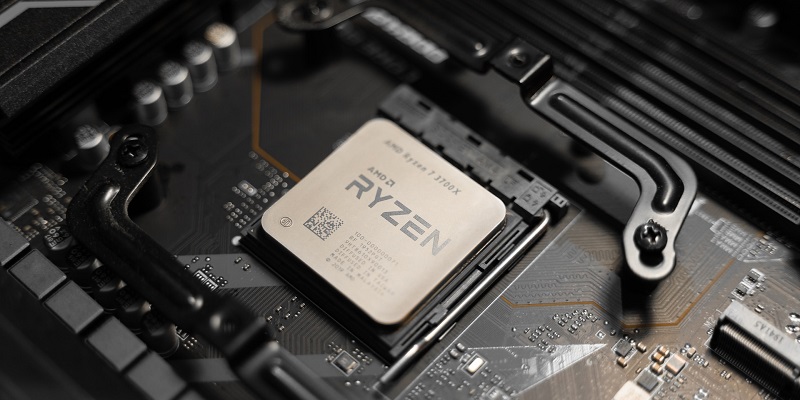The tech world is abuzz with excitement as AMD announces the upcoming launch of their highly anticipated next-gen Ryzen 7000G “Phoenix” APUs. These powerful processors are set to revolutionize the market with their cutting-edge architecture and improved performance. Adding to the anticipation, AMD is also rolling out the AGESA 1.0.9.0 BIOS firmware, which will replace the existing AGESA 1.0.7.0 BIOS firmware. Let’s delve deeper into what these developments mean for the future of computing.
The AMD AGESA 1.0.9.0 BIOS firmware
AMD’s AGESA 1.0.9.0 BIOS firmware introduction signifies a significant upgrade over the previous version, enhancing compatibility, stability, and performance across a wide range of motherboards. This firmware update is essential for ensuring optimal functionality and support for the upcoming Ryzen 7000G APUs.
Support for Ryzen 7000G “Phoenix” APUs
The highlight of this announcement is the compatibility and support provided by the AGESA 1.0.9.0 BIOS firmware for the Ryzen 7000G “Phoenix” APUs. These next-generation processors promise to elevate the performance of PCs to new heights, offering an impressive combination of power, efficiency, and advanced features.
Expected release timeframe
While enthusiasts and industry insiders eagerly await the arrival of the Ryzen 7000G APUs, their release is currently scheduled for the second half of 2023. As the launch approaches, more details will emerge regarding the specific models and configurations available to consumers.
One aspect that remains uncertain is whether the Ryzen 7000G APUs will be made available to DIY customers or limited to original equipment manufacturers (OEMs). While OEMs often integrate APUs into prebuilt systems, there is hope that AMD will cater to tech enthusiasts and offer standalone units for individual computer builds.
Efficient power consumption
With a Thermal Design Power (TDP) of 65W, the Ryzen 7000G APUs are designed to strike a balance between performance and energy efficiency. This lower power draw enhances the overall sustainability of the system while ensuring optimal performance and reduced thermal output.
Zen 4 architecture
Building on the success of its predecessor, Zen 3, the Ryzen 7000G APUs will embrace the Zen 4 architecture. This marks a significant leap forward in processing power, delivering up to 8 cores and 16 threads, enabling users to tackle demanding tasks and multitask effortlessly.
RDNA 3 graphics cores
The Ryzen 7000G APUs will incorporate RDNA 3 graphics cores, which introduce advancements in rendering technology and improved overall performance compared to previous iterations. With up to 12 Compute Units, these APUs will provide an outstanding visual experience, making them well-suited for gaming, content creation, and multimedia applications.
Clock speeds and overclocking potential
Early estimates suggest that the Ryzen 7000G APUs will operate at clock speeds around 3 GHz, offering a solid baseline of performance. Additionally, these processors are expected to have exceptional overclocking capabilities, allowing enthusiasts to push their systems even further and extract a significant boost in performance.
Expanding the ecosystem
With the introduction of the Ryzen 7000G APUs, AMD is committed to expanding the ecosystem and providing its customers with various cost-effective options. Soon, consumers can look forward to the availability of new AM5 options specifically designed to enhance compatibility and affordability, further contributing to the success of this next-gen lineup.
In conclusion, the imminent release of the Ryzen 7000G “Phoenix” APUs, complemented by the AGESA 1.0.9.0 BIOS firmware, ushers in an exciting era for AMD. The combination of Zen 4 architecture, RDNA 3 graphics cores, efficient power consumption, and the promise of enhanced overclocking capabilities make these APUs a highly anticipated addition to the market. As AMD continues to push the boundaries of performance and innovation, the Ryzen 7000G APUs offer PC enthusiasts and gamers a glimpse into the future of computing.

